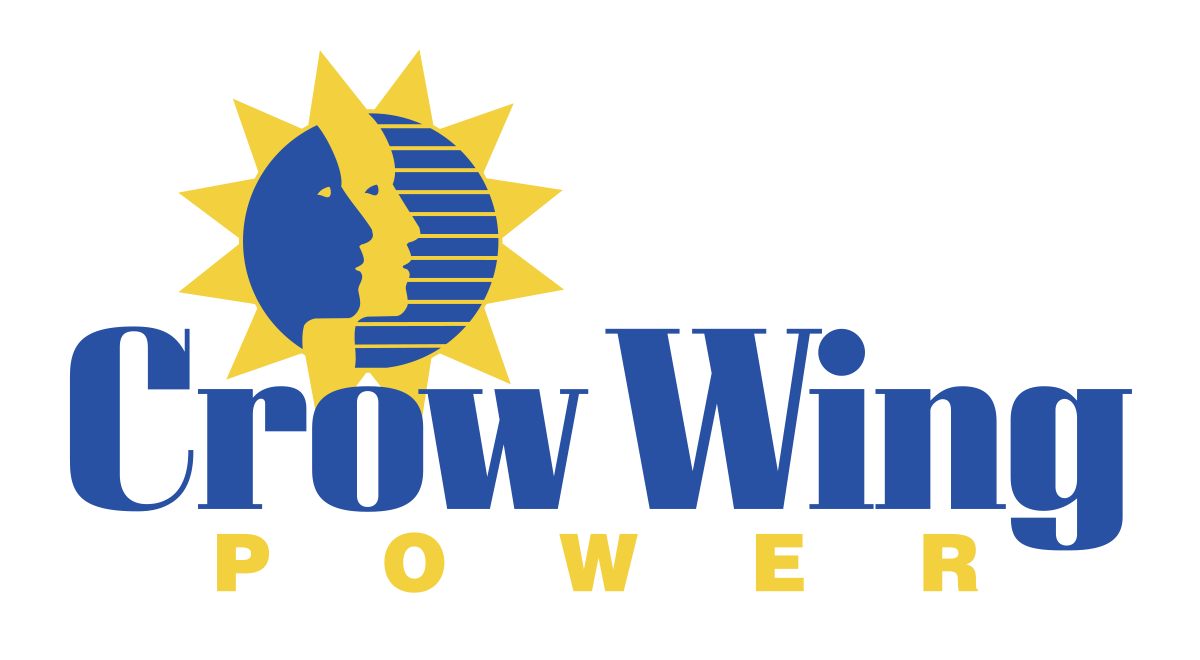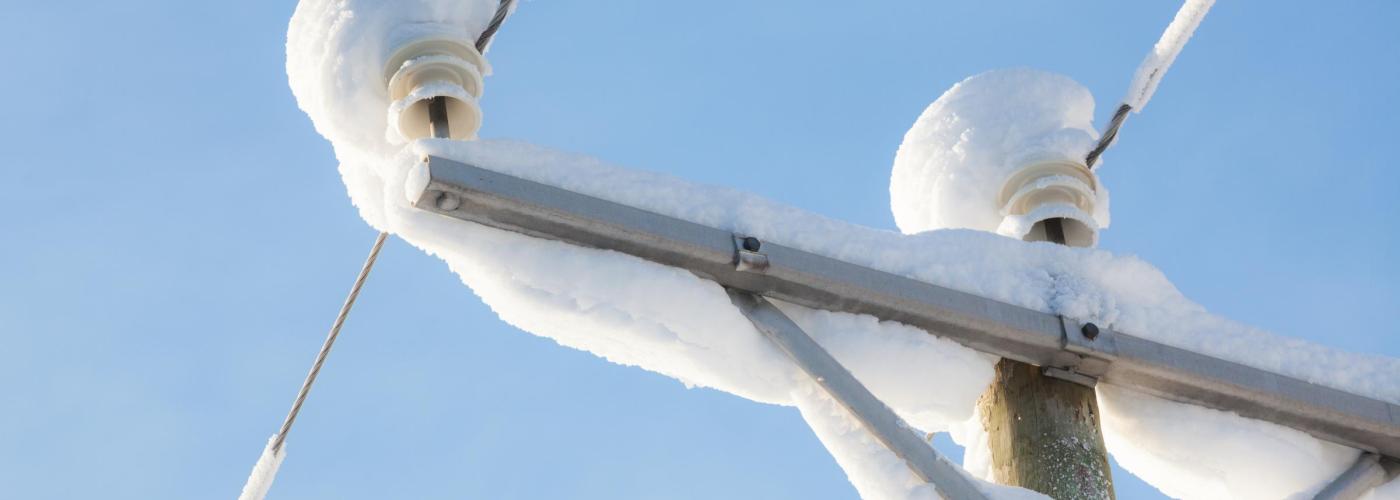Heating your home during the winter can be expensive and some may find it difficult to pay winter utility bills. Crow Wing Power wants to help members keep their electricity on when they need it most - during cold winter months. We follow the Minnesota Cold Weather Rule and connect members to organizations that can help.
Minnesota Cold Weather Rule
Protections
Minnesota has set up a Cold Weather Rule that protects eligible residential customers from disconnection for late payments as long as payment arrangements have been made and kept with the electric utility. A gas or electric utility must not disconnect and must reconnect the utility service of a residential customer during the period between October 1 and April 30 if the disconnection affects the primary heat source and the customer meets the eligibility criteria.
Customer Eligibility
To be eligible for protection from residential utility service shutoff, a customer must meet the following criteria and requirements:
The household income of the customer is at or below 50 percent of the state median household income.
A customer is deemed to meet the income requirements if the customer receives any form of public assistance – including energy assistance – that uses an income eligibility threshold set at or below 50 percent of the state median household income. The utility may:
- obtain verification of income from the local energy assistance provider, if available; or
- require income information from the customer on forms provided by the utility and compare it to the current state median household income figure available on the website of the Department of Commerce, Division of Energy Resources; and
- work with the customer that enters into and makes reasonably timely payments under a payment agreement that considers the financial resources of the household.
Utility Duties
Between August 15 and October 1 each year, all utilities must notify all residential customers of the Cold Weather Rule protections.
All utilities must provide customers seeking protection with referrals to energy assistance, weatherization, conservation, or other programs likely to reduce the customer’s energy bills.
Customer Notification Before Disconnection
Before disconnecting service to a residential customer during the period between October 1 and April 30, a utility must provide the customer with all of the following items:
- A notice of the proposed disconnection. A statement explaining the customer’s rights and responsibilities;
- A list of local energy assistance providers;
- Forms on which to declare the inability to pay;
- A statement explaining available time payment plans and other opportunities to secure continued utility service; and
- At the same time that notice is given, the utility must also give written or electronic notice of proposed disconnection to the local energy assistance provider and the department.
Disconnection Restrictions
If a residential customer is to be involuntarily disconnected between October 1 and April 30, the disconnection may not occur:
- On a Friday, unless that day the customer declines to enter into a payment agreement offered by the municipal utility or co-op via personal contact or telephone,
- On a weekend, holiday, or day before a holiday,
- When utility offices are closed, unless a field representative of the utility who is authorized to enter into a payment agreement, accept payment, and continue service, offers a payment agreement to the customer.
- Disconnection must not occur until at least 20 days after the disconnection notice (described above) has been mailed to the customer or 15 days after the notice has been personally delivered to the customer.
- Under the Cold Weather Rule, if a customer appeals a notice of involuntary disconnection prior to disconnection, as provided by the utility’s established appeal procedure, the utility must not disconnect the customer until the appeal is resolved.
WINTER DISCONNECTS
FREQUENTLY ASKED QUESTIONS
Yes, unless you take steps under the Cold Weather Rule (CWR) to protect yourself. You must contact Crow Wing Power to apply for protection from having your power disconnected. This is true for all residential members, including senior citizens and families with young children.
From October 1 through April 30 each year.
Before Crow Wing Power may disconnect your power during the winter months (October 1 through April 30), we must send you the following information
- A disconnection notice telling you the date you may be disconnected;
- Details on payment plans and how to avoid disconnection;
- A list of energy assistance and weatherization providers;
- A Cold Weather Rule application
Income is the total household income from all persons living with you. Household income does not include any amount received from energy assistance. The total household income must be less than 50 percent of the state median income. If you receive energy assistance you qualify for protection.
If you receive a disconnection notice from Crow Wing Power, a Cold Weather Rule application will be included. Fill out the form, mail it to us, and set up a payment plan.
If you make and keep a Cold Weather Rule payment plan, you’re protected from disconnection.
- If you and the Crow Wing Power cannot agree on a payment plan, you have ten days to appeal to the Public Utilities Commission.
- Your service will stay on during the appeal process.
As long as you make your agreed-upon payments, you will have service. If you do not keep your payment plan and you have a past-due balance on April 30, your service could be shut off.
If you can’t make your payments, call Crow Wing Power immediately to make new payment arrangements. If you do not make your payments, your service may be shut off.
Yes. If the utility service affects the primary heat source of your residence.
The Cold Weather Rule (CWR) has a “Third Party Notice” option.
If you would like help applying for the CWR, you may arrange for another person to get a copy of any disconnection notices or other important information, at the same time you receive it. This may be a friend, family member, or anyone who is willing to help you understand the notices or set up a Cold Weather Rule payment plan.
No. The person who receives the Third Party Notices is not responsible for paying your bill. This person is only agreeing to help you with notices from your utility.
- Lutheran Social Service: 218-829-5000 or 1-800-829-5902
- Salvation Army: 218-829-1120
- Tri-County Action Program: 320-251-1612 or 1-888-765-5597
- Bi-Cap Energy Assistance: 218-751-4631 or 1-800-332-7161
- Crow Wing County Social Services: 218-824-1250

